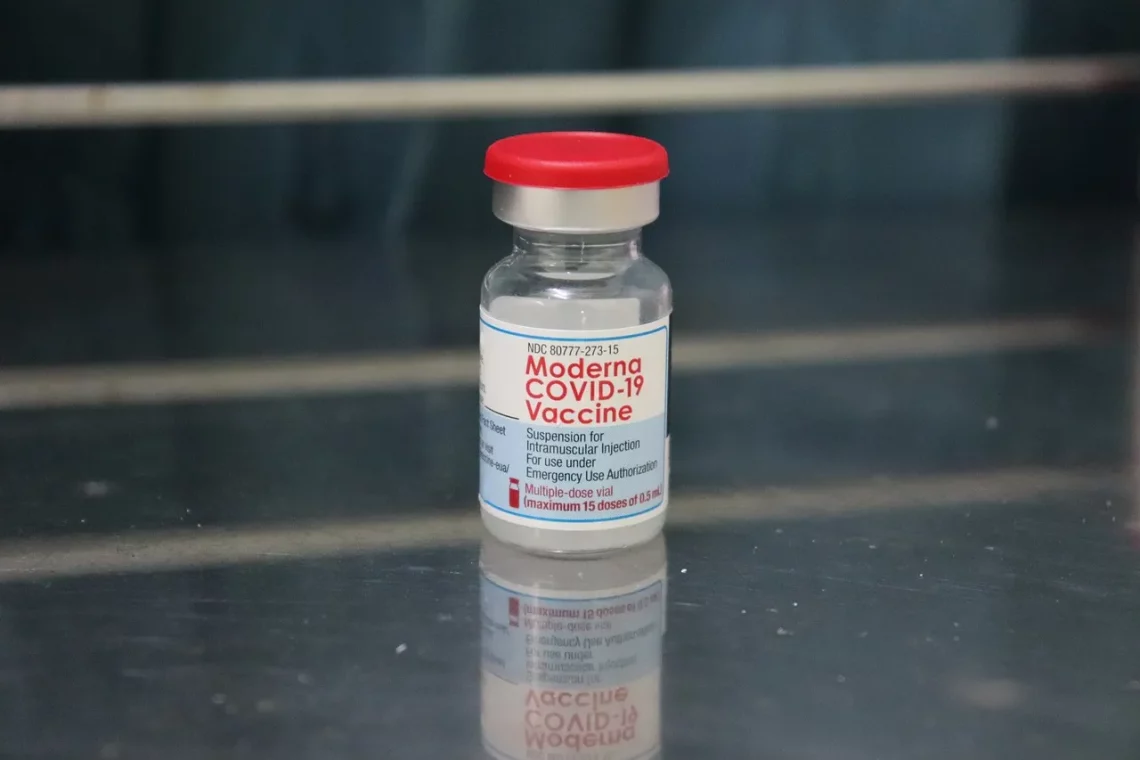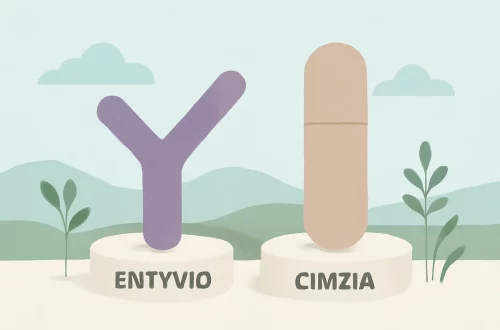
Understanding DHPP Dog Vaccine Price: What You Need to Know
Understanding the importance of vaccinations for dogs cannot be overstated. Vaccinations are a cornerstone of preventive health care for pets, shielding them from various infectious diseases that can lead to severe health complications or even death. Among the essential vaccines for dogs is the DHPP vaccine, which protects against four significant diseases: Distemper, Hepatitis, Parvovirus, and Parainfluenza. Each of these diseases poses serious risks to canine health, making vaccination a vital aspect of responsible pet ownership.
As a pet owner, understanding the financial implications of vaccinations is crucial. While the health benefits of the DHPP vaccine far outweigh the costs, many owners find themselves wondering about the price and what factors influence it. The cost of veterinary services can vary widely based on geographical location, the veterinarian’s experience, and the overall health care package being offered. Therefore, being informed about the potential costs and factors involved will help you make better decisions regarding your dog’s health care.
In addition to the price, it’s essential to consider the value of preventive care. Investing in vaccinations like the DHPP vaccine may seem like a significant expense upfront, but it can save you from higher costs associated with treating preventable diseases later. By prioritizing your dog’s vaccination schedule, you are not only protecting their health but also promoting a longer, happier life for your furry companion.
Factors Influencing DHPP Vaccine Price
The price of the DHPP vaccine can fluctuate based on several factors. One of the primary influences is geographical location. In urban areas, where the cost of living tends to be higher, you may find that vaccination prices are elevated compared to rural settings. This is often due to the increased overhead costs that veterinarians face in cities, such as rent, utilities, and staffing.
Another critical factor is the veterinarian’s experience and reputation. Established veterinarians with extensive experience and a solid reputation in the community may charge more for their services. However, it’s essential to weigh this against the quality of care provided. A more experienced veterinarian might be able to offer better diagnostics and treatment options, which could ultimately justify the higher cost.
Additionally, the type of veterinary clinic can impact pricing. For example, a standalone veterinary practice might have different pricing structures than a large animal hospital or a corporate veterinary clinic. Some clinics may offer package deals that include vaccinations, wellness exams, and other preventive care services, which could be more economical in the long run.
Other factors influencing price include the dog’s age and health status. Puppies typically require a series of vaccinations, which can add to the overall cost. If your dog has underlying health issues, the veterinarian may recommend additional tests or vaccines, further increasing the expense. Ultimately, understanding these factors can help pet owners budget for their dog’s vaccinations more effectively.
Understanding the Value of Preventive Care
Investing in preventive care is one of the best decisions a pet owner can make. Vaccinations like the DHPP vaccine are designed to protect your dog from serious diseases, some of which can have life-threatening consequences. By ensuring your dog is vaccinated, you are not only safeguarding their health but also preventing the potential spread of diseases to other animals.
Preventive care can be thought of as a long-term investment. While the initial cost of the DHPP vaccine may seem high, consider the potential medical bills associated with treating a disease that could have been prevented with vaccination. For example, treatment for parvovirus can cost thousands of dollars, not to mention the emotional toll of watching a beloved pet suffer.
Moreover, many veterinarians emphasize that well-vaccinated pets tend to lead healthier, happier lives. Vaccines help strengthen the immune system, allowing dogs to resist infections more effectively. This means fewer visits to the vet for illness-related issues, which can save you both time and money in the long run.
In addition to vaccinations, regular wellness exams should be part of your dog’s health care routine. These check-ups allow for early detection of any potential health issues, further solidifying the importance of investing in preventive care. By being proactive about your dog’s health, you are more likely to catch any problems early, leading to more effective and less costly treatments.
Comparing Costs: Where to Get the Best Value for Your Money
When it comes to vaccinating your dog, comparing costs across different veterinary clinics is essential. Many pet owners may not realize that prices can vary significantly depending on the clinic’s location, type, and offered services. To find the best value, consider visiting multiple clinics to gather price quotes and understand what is included in the vaccination package.
Some veterinary clinics may offer discounts or package deals that bundle the DHPP vaccine with other services, such as wellness exams or flea and tick prevention. This can be a cost-effective way to ensure your dog receives comprehensive care without breaking the bank. Always inquire about any ongoing promotions or loyalty programs that might be available.
Additionally, consider checking local animal shelters or community veterinary clinics. These organizations often provide vaccinations at a reduced cost as part of their mission to promote pet health and welfare. While these clinics may not always offer the same level of individualized care as a private practice, they can still provide essential vaccinations and medical services.
Don’t forget to ask about payment plans or financing options if you find yourself concerned about the upfront costs. Many veterinary clinics understand that pet care can be expensive, and some may be willing to work with you to create a manageable payment plan.
Ultimately, taking the time to compare costs and explore various options can help you secure the best value for your dog’s vaccinations while ensuring they receive the necessary preventive care.
When to Vaccinate Your Dog
Timing is crucial when it comes to vaccinations. Puppies typically receive their first DHPP vaccine at around six to eight weeks of age, followed by a series of boosters until they are about 16 weeks old. It’s essential to adhere to this schedule to ensure that your puppy develops a robust immune response to the vaccine.
For adult dogs, vaccination schedules may vary. Most veterinarians recommend a booster shot every one to three years, depending on the specific vaccine and the dog’s risk factors. For instance, if your dog frequently interacts with other animals or participates in dog parks, more frequent vaccinations might be advisable.
It’s also important to consider your dog’s overall health and lifestyle when determining the vaccination schedule. Dogs with underlying health issues may require different timing or additional vaccinations, and it’s crucial to consult with your veterinarian to establish the most appropriate plan.
In conclusion, while understanding the costs associated with the DHPP vaccine is important, it’s equally vital to prioritize your dog’s health through timely vaccinations. By staying informed and proactive, you can ensure your furry friend leads a long, healthy, and happy life.
*Disclaimer: This article is for informational purposes only and should not be considered medical advice. Always consult with a qualified veterinarian for health-related concerns and recommendations regarding your pet’s care.*




